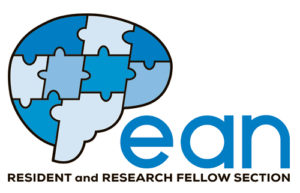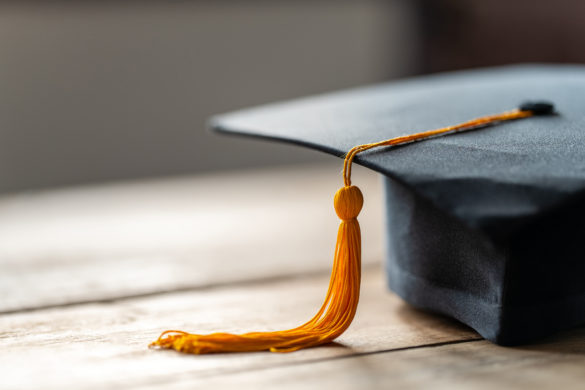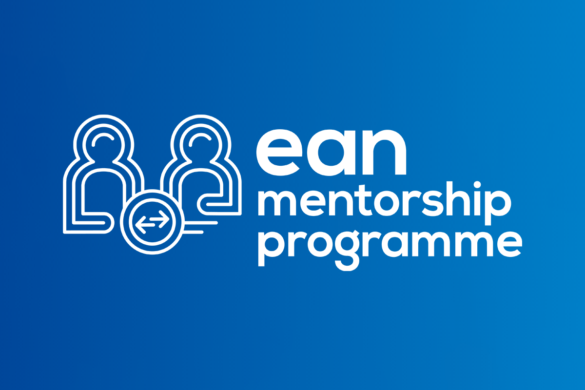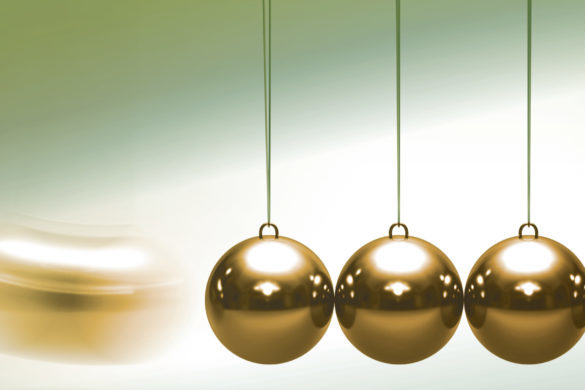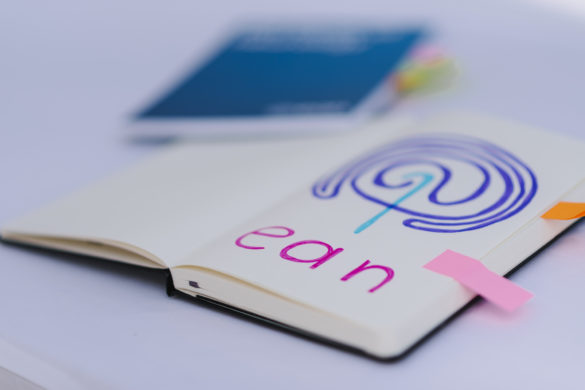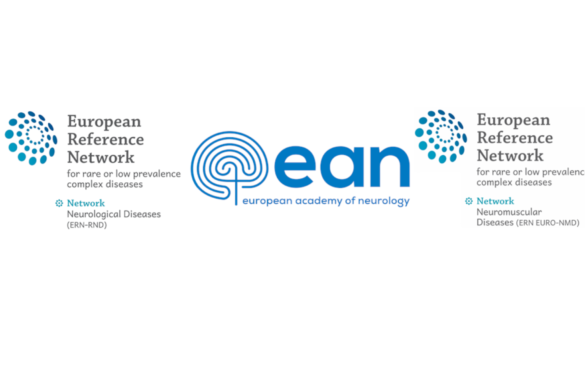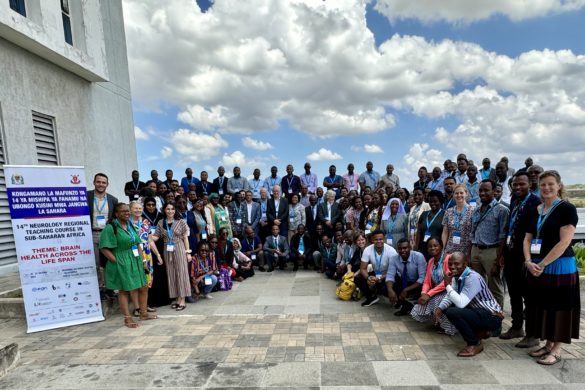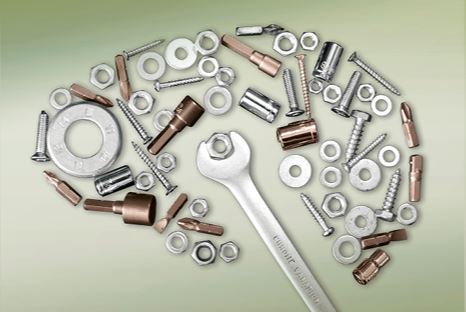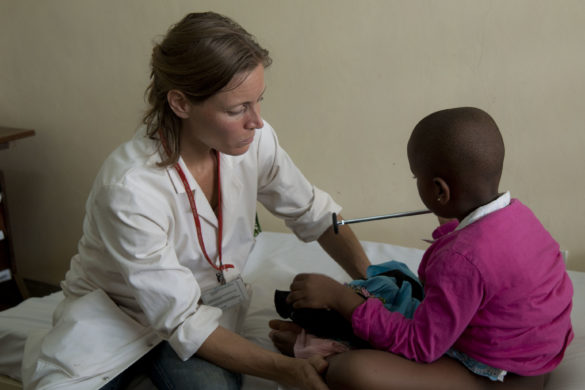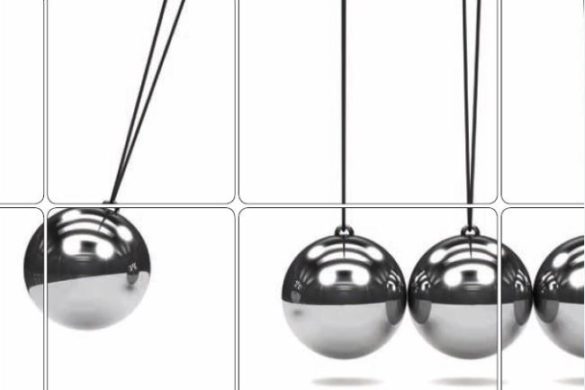by Victoria Papp, 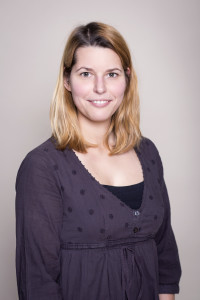
Chair of the Resident and Research Fellows Section
(RRFS) of the EAN
It was not the first time that the regional teaching course was hosted in Yekaterinburg, Russia. The collaboration between EAN and associate prof. Elena Lebedeva from The Urals State Medical University was so fruitful that over 300 junior neurologists and residents had the opportunity to join the course. The participants came from all over the Ural Area. The course aspired to share the best possible knowledge concerning movement disorders, stroke and headaches. The lectures were available both in English and Russian in order to ensure the maximal benefit for everybody.
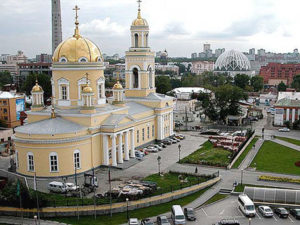
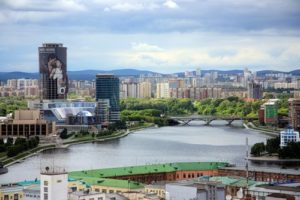
On the first day, participants and faculty members were welcomed by the host during the opening ceremony. We could enjoy a short concert of a children choir singing Russian song and even ABBA. The professional part of the course started with the introduction of the European Academy of Neurology. The first day`s scientific topic was movement disorders. Prof. Eduardo Tolosa (Barcelona, Spain) introduced us to the concept and identification of prodromal phase of Parkinson disease. Prof. Espen Dietrichs (Oslo, Norway) provided a double lecture focusing on involuntary movements such as dystonia and tremor. Prof. Oleg Levin (Moscow, Russia) gave a talk about restless leg syndrome. The afternoon session continued with three parallel workshops, which gave the opportunity for interactive participation and more questions.
The second day was devoted to stroke. Prof. Jaap L Kappelle (Utrecht, the Netherlands) presented the up-to-date concept of acute stroke treatment. Prof. Manfred Kaps (Giessen, Germany) pointed out the role of ultrasound both in stroke prevention and treatment. Prof. Daniel Bereczki (Budapest, Hungary) went thought the history of stroke definition and explained how the new knowledge had influenced our understanding of stroke over years. Dr. Dimitry V. Sergeev (Moscow, Russia) spoke about the optimization of medical care in order to achieve better management of stroke. Between the scientific lectures, EAN-Resident and Research Fellow section had a short presentation concerning grants and fellowships. The second half of the day contained workshops and an hands-on course with ultrasonography.
The last day, headache experts guided the participants though the different types of headache. Prof. Hartmut Göbel (Kiel, Germany) summarised the treatment of migraine, Dr. Vera V. Osipova (Moscow, Russia) focused on tension-type headache and cervicogenic headache, associate prof. Elena Lebedeva (Yekaterinburg, Russia) talked about acute headache and Dr. Jakob Hansen (Copenhagen, Denmark) spoke about intracranial hypo-and hypertension. The last talk given by Prof. Anish Bahra (London, UK) covered all other primary headaches.
Finally, participants could evaluate themselves by completing the course exam. The result of the exam made both our host and faculty proud, since almost everybody passed.
Beside the scientific purposes, the Gala dinner provided relaxing time to build up new connections and share experiences. We could also enjoy the beauty of Russian ballet and were introduced to a small piece of the local history.
The regional teaching course has successfully fulfilled its mission to promote the newest neurology knowledge to the junior neurologists and opened the door for building fruitful collaborations between colleagues. From EAN-RRFS point of view, we hope that attendees will feel convenient to make a step forward to becoming active members of EAN-RRFS.
